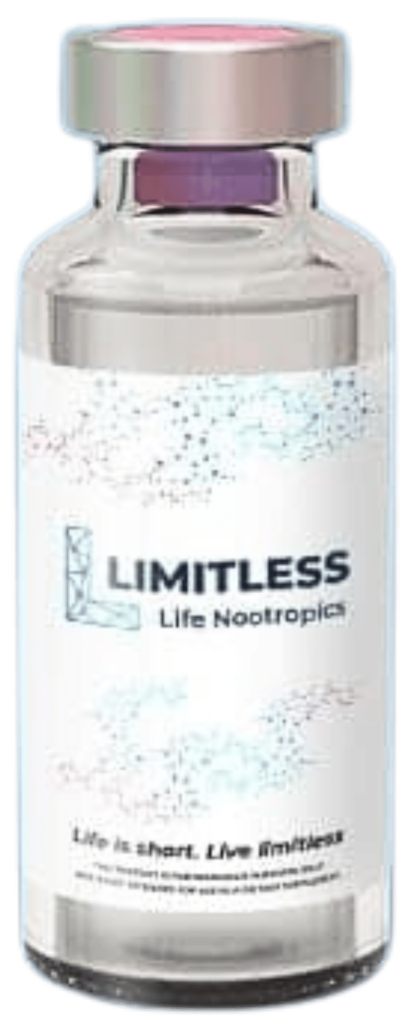You’ve probably seen or at least heard of the documentary The Game Changers.
Maybe you watched it already and immediately dumped all the meat from your freezer into the garbage.
But I’m here to present the facts from both sides, and documentaries like this one are meant to entertain and support their position, not present all the facts in an objective way.
Here’s what I do know, first and foremost: You can lose fat on a plant-based diet. You can lose fat on a meat-based diet. You can be unhealthy on a plant-based diet. You can be unhealthy on a meat-based diet. (You can lose LOTS MORE fat with Guaranteed Shredded)
This should not be a yelling match between vegan/vegetarian advocates and meat eaters. This should be a discussion about what the current consensus is in the research and determining what works best for you.
The Game Changers is well-produced and uses lots of celebrity endorsements to support its message that plant-based proteins are better for athletic performance. Bear in mind this statement has little to do with you, the average person, just trying to lose a bit of weight and be a bit healthier while still eating foods you enjoy.
(Not to mention executive producer James Cameron is CEO of Verdient Foods, an organic pea protein company with the goal of becoming “the largest pea protein fractionation facility in North America.” That might factor into why he made a movie to encourage you to eat more plant-based food, but I may be in the wrong there.)
In this article, I’ll stick with the science to answer the question of whether plant protein is indeed better than meat protein for our health, physique and physical performance. I won’t go into ethical or environmental concerns.
Table of Contents
ToggleShould you eliminate meat from your diet?
The Game Changers claims meat causes cancer, inflammation and cardiovascular disease.
In an article by Menno Henselmans, he shared a review published in the Annals of Internal Medicine on the health effects of red meat, which concluded there’s insufficient evidence to reduce red meat intake.
Further still, a meta-analysis, reported on by Examine.com, based on 24 randomized controlled trials in adults, compared red meat eaters to those who didn’t consume red meat.
Compared with eating less than an ounce of red meat per day, consuming more does not appear to have a significant influence on blood cholesterol, triglycerides or blood pressure, according to the research.
Examine.com also notes that red meat is likely to be more harmful when prepared in certain ways.
Harsher cooking methods such as frying, broiling, barbecue grilling and roasting consistently led to higher levels of toxic compounds than gentler cooking methods such as boiling, poaching, stewing and steaming.
The Game Changers, like many documentaries that came before it (remember What The Health?), offers cherry-picked studies to support the filmmaker’s views.
First off, know this: eating bacon on Saturday mornings will not cause you to instantly drop dead, face down in your frying pan.
The dose makes the poison. If you make a habit of eating bacon for breakfast, chargrilled barbecue hotdogs for lunch and processed deli meats for dinner, day in and out, yes, you may, in fact, be increasing your risk for colorectal cancer.
But as Jay preaches, regularly swapping those processed meats for grass-fed beef, wild-caught fish and lean chicken is a completely different story.
The other problem? Your average vegetarian is typically more health-conscious than the typical person who follows a western diet with meat included. Someone on a vegetarian diet is much more self-aware of what they eat, so they’re generally more health-conscious and invested in their diet than the average person.
The best comparison to make would be health-conscious meat eaters (who choose minimal processed foods, exercise regularly and consume a calorie-controlled diet, i.e. the average TOT reader) versus non-meat eaters who follow a similar lifestyle, but I don’t know if such a study exists.
In one 2016 study in the American Journal of Clinical Nutrition, vegetarians and meat eaters in the U.K. had similar life expectancies.
Both meat and plants offer health benefits
While plants offer certain health benefits and nutrients, animal foods do, too. While plants shine in terms of vitamins, antioxidants and phytochemicals, animal foods have a higher protein quality and are typically richer in bioavailable minerals, especially iron, beneficial fatty acids like omega-3s and B-vitamins.
Animal proteins (particularly red meat) supply vitamin B12, which helps make DNA and keeps nerve and red blood cells healthy; zinc, which keeps the immune system working properly; and protein, to build and repair muscle.
One thing the research seems very clear on is to eat more vegetables and fruits. So maybe the answer is a “flexitarian” diet where you add meat strategically to a predominantly plant-based approach.
What about fat loss?
My goal as a coach is to offer the simplest, most effective way for typically busy clients to reach their fat loss and fitness goals. The evidence supports higher protein intake to accomplish this task, and it’s easier to meet your protein needs if you have meat as an option to do so.
Get this free and simple 8-step diet cheat sheet to lose belly fat, exclusive for TOT Revolution readers HERE
A 2014 study looked at what happens when elderly strength-training women add 160 grams of cooked meat to their diet six days a week. Compared to the control group who stuck to their regular diet, the meat-eating women gained more muscle and more strength, with a greater reduction in measured inflammation and no adverse effects on blood lipids or blood pressure.
This is always hotly contested by those who believe documentaries, but the research consistently supports protein intake to preserve muscle and increase satiety on a diet.
In the end, it’s best you throw away the complicated formulas, fad diets and black-and-white approaches and focus on building your lifestyle around the fundamentals of exercise, sleep and quality nutrition.
Mitch Calvert is a weight loss coach for men like his former self. Obese in his 20s, he now helps clients find their spark and lose weight the right way and keep it off for life. To inquire about coaching or to download a free diet-secrets cheat sheet, visit mitchcalvert.com.



